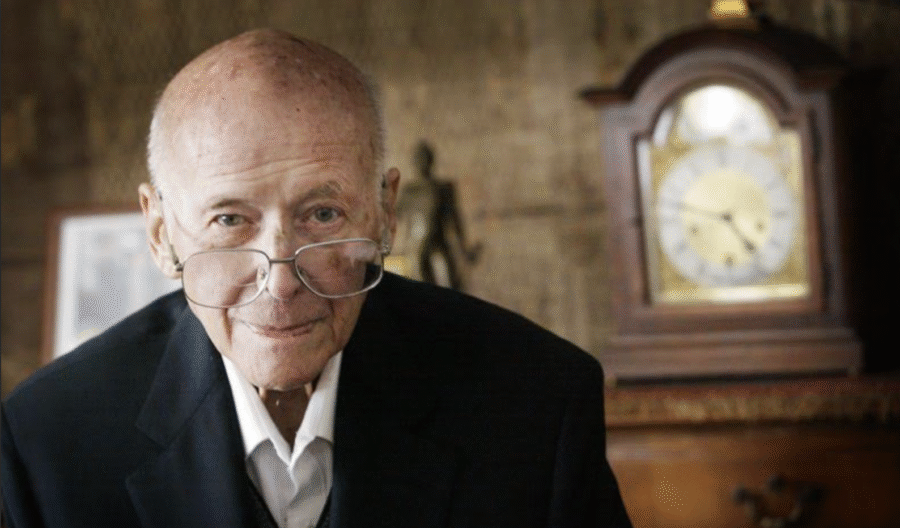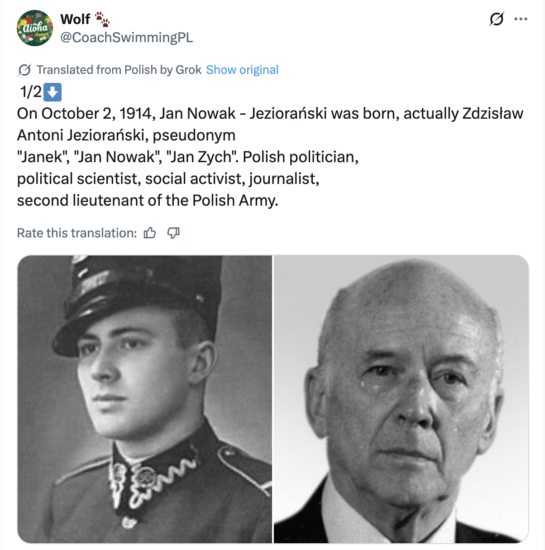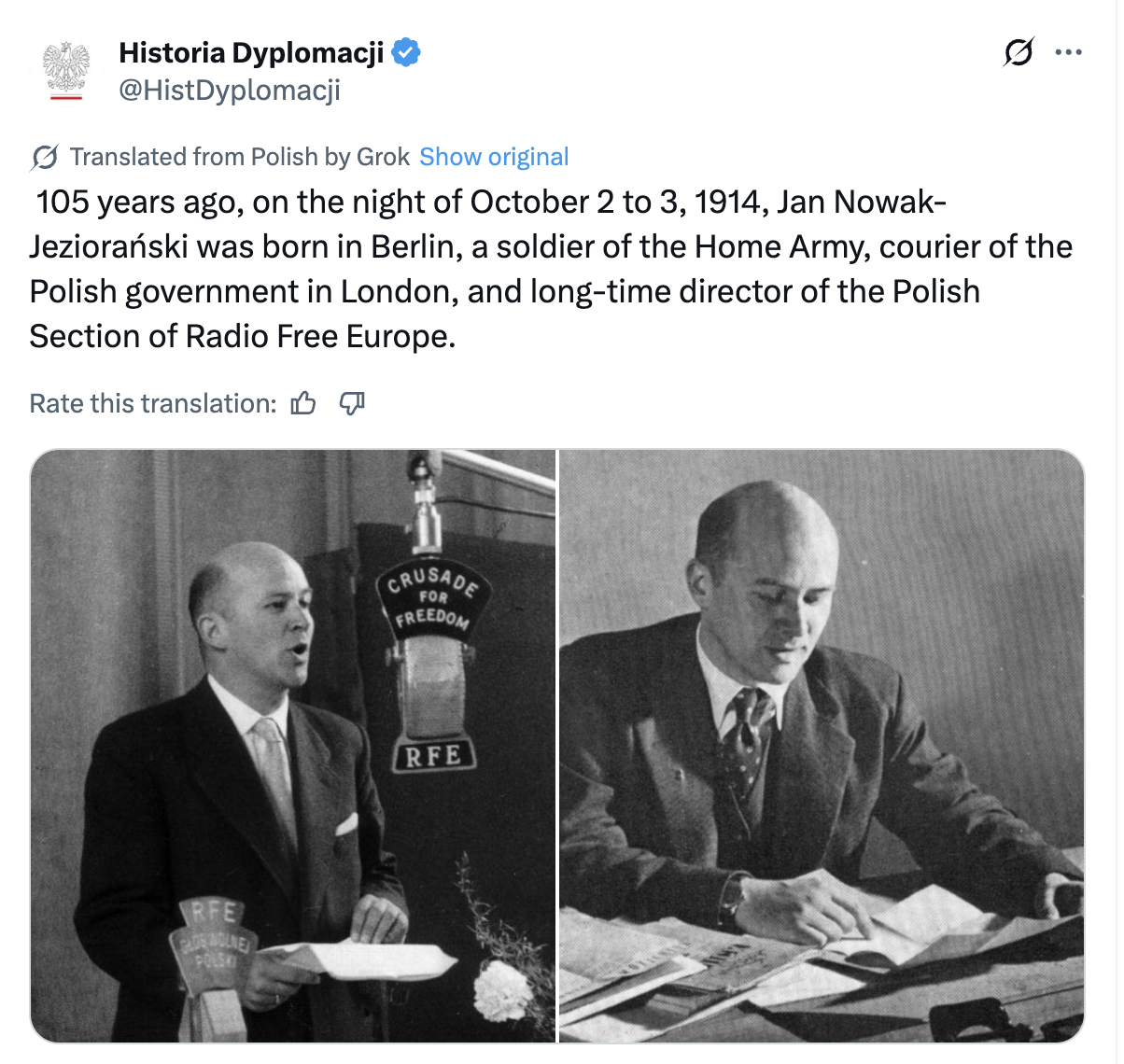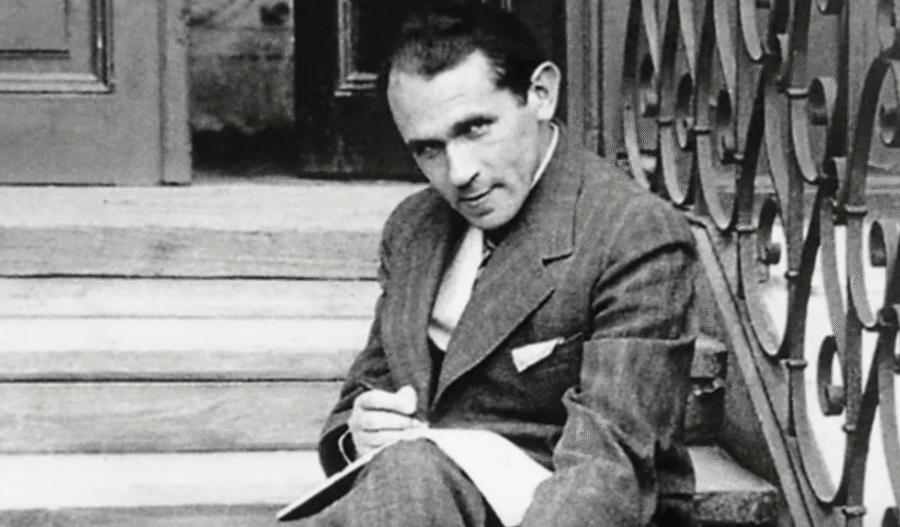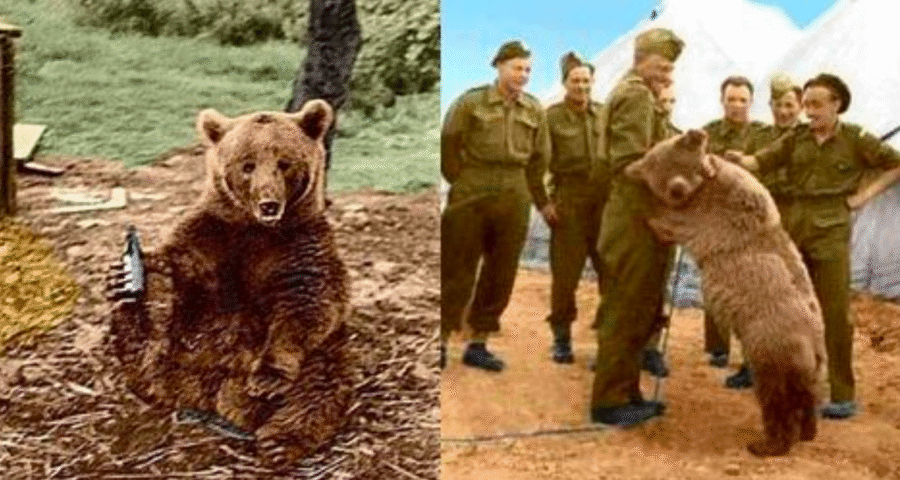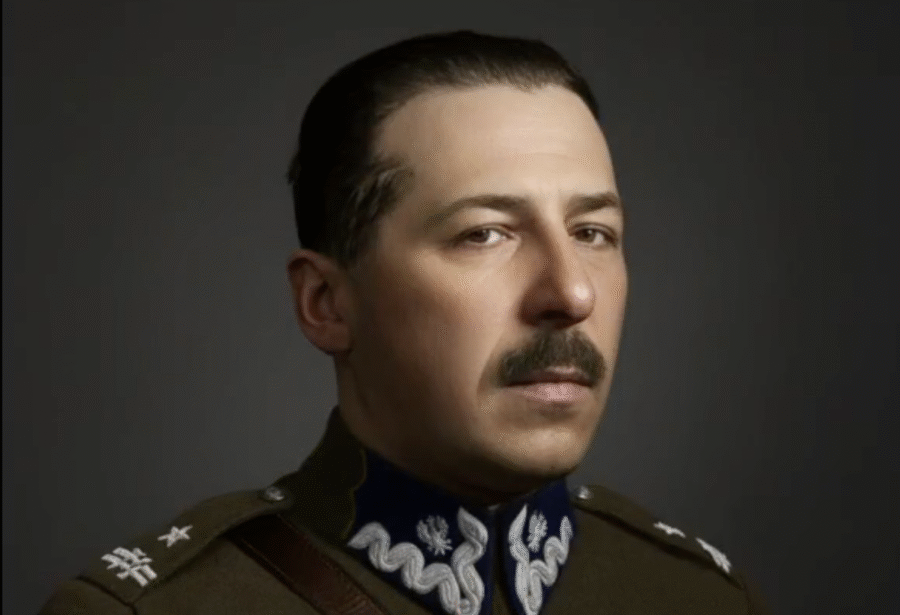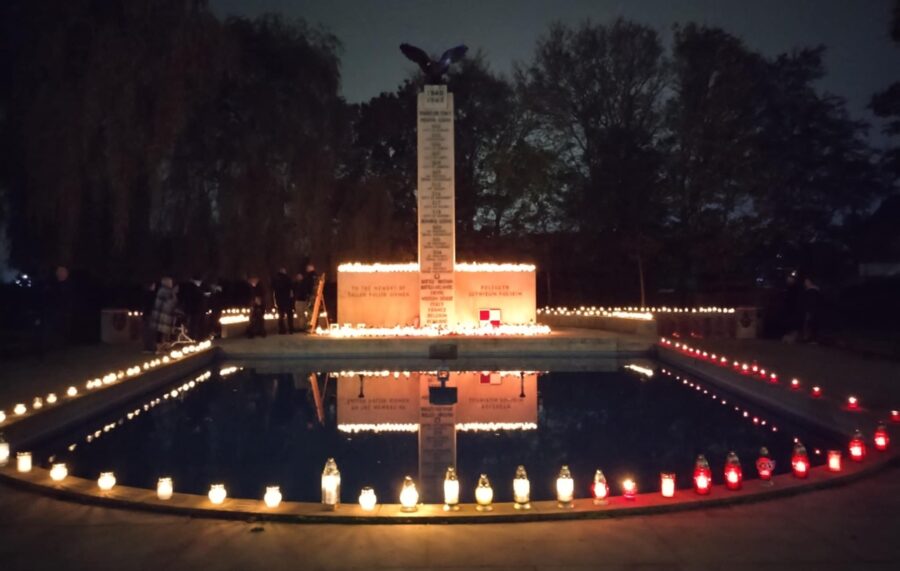Jan Nowak-Jeziorański, born Zdzisław Jeziorański on 2 October 1914 in Berlin, would later become one of the most recognisable voices of wartime Poland and the Cold War. The name by which he is remembered today was just one of several codenames he adopted during the German occupation.
Raised in Warsaw, he attended the Adam Mickiewicz Grammar School, where he joined the Polish scouting movement. After completing his secondary education, he moved to Poznań to study economics at the Adam Mickiewicz University. After graduation, he worked as an academic assistant, working alongside distinguished scholars such as Professor Edward Taylor.
When war broke out in 1939, he served in the Polish campaign. Captured by German forces during the fighting on the River Bug, he managed to escape captivity while being transported to Germany and made his way back to occupied Warsaw.
In the capital, Jeziorański became deeply involved in the underground resistance. From 1941, he was active in the Union of Armed Struggle, later incorporated into the Home Army (Armia Krajowa, AK). He took part in “Action N”, a psychological warfare operation distributing anti-Nazi propaganda in Germany. It was in the AK that he met his future wife, courier Jadwiga Wolska, known by her codename “Greta”, who would remain at his side until her death in 1999.
Under the aliases “Jan Kwiatkowski” and “Adalbert Kozłowski”, he undertook dangerous missions. From 1943 onwards, as courier for the AK Commander-in-Chief and liaison to the Polish government-in-exile in London, he completed five perilous journeys between occupied Warsaw and Britain. In 1944, he fought in the Warsaw Uprising, and after its fall, escaped to London. With the war over, he resolved not to return to communist Poland.
Settling in London, he joined the BBC in 1948 and soon after Radio Free Europe. On 3 May 1952, in Munich, he opened the first Polish-language broadcast of the station. In his inaugural address, he proclaimed that the dawn of freedom would one day break again over Warsaw.
He went on to lead the Polish section of Radio Free Europe until 1975, when he moved to the United States. There, together with figures such as Zbigniew Brzeziński, he became a prominent advocate for the Polish cause, advising the National Security Council under Presidents Jimmy Carter and Ronald Reagan. He channelled support to the democratic opposition and the Solidarity movement, and for many years directed the Polish American Congress.
In the 1990s, Nowak-Jeziorański campaigned tirelessly for Poland’s accession to NATO, later describing the day of ratification as “the most important day of my life”.
“I have lived to see a Poland not only independent, but also secure,” he remarked.
He returned to Poland for the first time in August 1989 at the invitation of Lech Wałęsa, and after that, visited frequently. In the 1995 presidential election, he backed Wałęsa, and in July 2002, he resettled to Warsaw.
Once back home, he threw himself into public life, commenting on political events, supporting Poland’s integration into the European Union, and promoting closer ties with eastern neighbours. He became a widely respected moral authority.
In his final years, he founded the College of Eastern Europe and urged a more active policy towards Belarus. Lithuania recognised his role in supporting its NATO aspirations by granting him honorary citizenship in 2002.
Decorated with the Virtuti Militari and the Order of the White Eagle, he was also an honorary citizen of cities including Poznań, Wrocław, Gdańsk and Gdynia. He received the US Presidential Medal of Freedom and was awarded honorary doctorates from the universities of Kraków, Warsaw and Wrocław. His journalistic honours included the Kisiel Award, the Golden and Diamond Microphones of Polish Radio, and the title “Man of Reconciliation” from the Polish Council of Christians and Jews.
Among his best-known books are Courier from Warsaw, War in the Ether, Poland from Afar, In Search of Hope and Conversations about Poland.
Despite international recognition, he remained modest about his achievements, once remarking that he had made no career and amassed no wealth. He led a very modest lifestyle and collected Polish paintings and antique clocks, but insisted he would not have exchanged his life for any other.
Jan Nowak-Jeziorański died in Warsaw on 20 January 2005.
Source: Dzieje.pl
Photo: @czaplinskiii
Tomasz Modrzejewski


